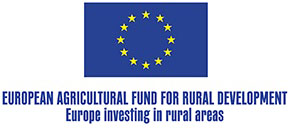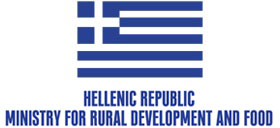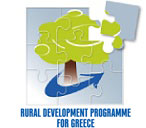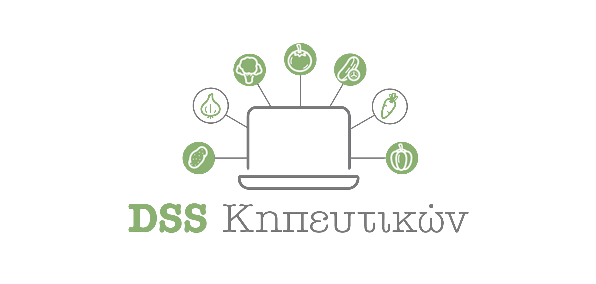DSS-for Horticultural Crops: The innovative software that “freed the hands” of greenhouse vegetable producers in Crete.

- It was developed at the Laboratory of Vegetable Production of the Agricultural University of Athens and provides comprehensive support regarding the fertilization of crops through Measure 16 ‘Cooperation’.
- ‘Ypaithros Chora’’ met the manager of the ‘PSARIS’ Agricultural Cooperative of Heraklion, whose members use this digital platform for cucumber production with remarkable results.
An innovative digital platform, where anyone can input the analysis data of their crop, is now available to all the producers-members of the ‘PSARIS’ Agricultural Cooperative for Vegetable Marketing, located in the Psari Forada area of Heraklion, Crete. This platform is the Nutrisense software application, which calculates precisely the fertilization needs of each crop, to minimize unnecessary fertilizer use.
The software was created by Professor Dimitris Savvas, Director of the Laboratory of Vegetable Production at the Agricultural University of Athens (AUA). He and his research team, through Measure 16 ‘Cooperation’ and the ‘DSS-HORTICULTURAL CROPS’ Operational Group (OG), collaborated with the ‘PSARIS’ Cooperative and GAIA EPICHEIREIN – the coordinating body of the OG – for its implementation. The agricultural cooperative of Heraklion, which has been operating since 2006, includes around 100 members who cultivate cucumbers in greenhouses on a total of 110 acres, mostly for export.
“Last year, we started implementing the program on a pilot basis with two producers from the cooperative. One cultivates in soil and the other uses hydroponics. We had direct contact with Mr Savvas from AUA, we conducted analyses on the water and soil, and then we cultivated using the recommended fertilizer quantities from the program. We saw very positive results, so we decided to expand its implementation to all the cooperative’s producers,” says Manolis Papadakis, manager and treasurer of the ‘PSARIS’ cooperative.
Staying Ahead of Developments
Mr Papadakis explains that the cooperative is always ready to implement pioneering techniques. “Our producers are young, on average 40-45 years old, and open to new technologies. They still have 20-30 years of farming ahead of them and we are all trying to stay ahead of developments.”
The cooperative conducted soil and water analyses for all its producer-members. “The analyses indicated an excess of certain elements. For example, our water contains sufficient calcium, so we don’t need to add any to the crops,” emphasizes Mr Papadakis.
Furthermore, two weeks ago the cooperative organized a training seminar for its producers to learn how to input their crop data into the digital platform. “On the platform you can enter the data from the water analysis, soil analysis, and the growth stage of your crop. Then, the platform gives you the fertilization recommendations,” Mr Papadakis explains. “It tells you: ‘You will use this much nitrogen, this much phosphorus, this much potassium, this much calcium, and this much boron.’ It tells you exactly what your field needs,” he adds.
20% Reduction in Fertilizer Use is Entirely Achievable
The ultimate goal of the effort is to reduce fertilizer use by 20%, a target considered entirely achievable by using this method, and an even larger reduction may be possible.
It is worth noting that the cooperative’s production reached about 8500 tonns of out-of-season cucumbers from early November to late April, which are exported abroad, and any innovation gives its products a competitive edge. “We very well received in European markets and we have no issues with traceability,” says Mr Papadakis.
Finally, it is worth mentioning that the cooperative is part of an operational group for pest control using beneficial insects. “We use beneficial insects for 100% of the crop to control harmful insects. We do not use any insecticides in cucumber cultivation. All pest control is done with beneficial insects,” emphasizes the manager of the ‘PSARIS’ cooperative.





